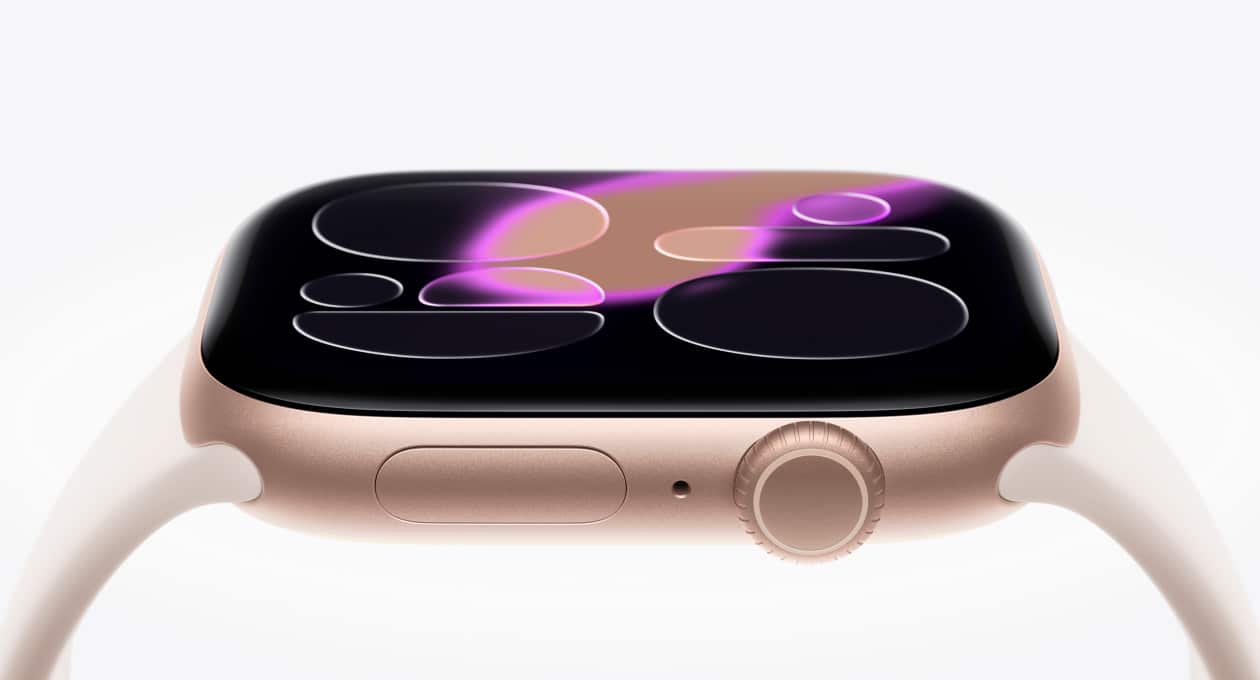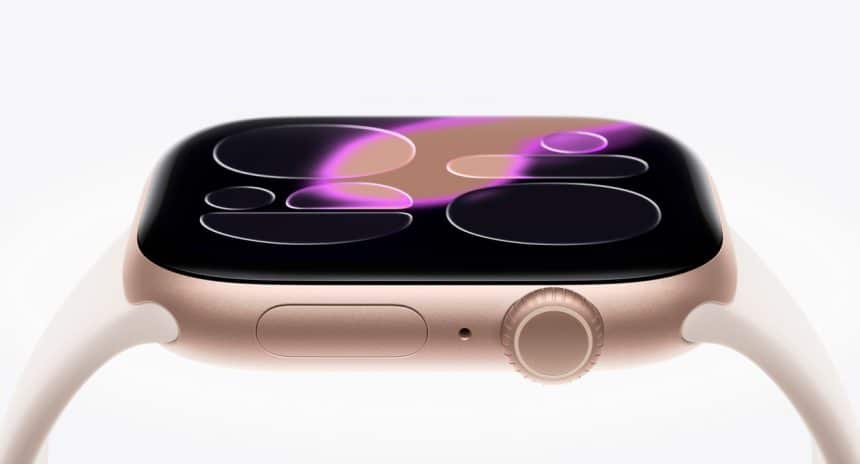Apple has unveiled the Apple Watch Series 11, adding a groundbreaking hypertension detection feature. The company says the new tool could alert one million people to possible high blood pressure within its first year.
Why Hypertension Alerts Matter
Hypertension, or high blood pressure, is a leading health concern. The U.S. Centers for Disease Control and Prevention (CDC) reported it as a primary or contributing factor in more than 660,000 deaths in 2023. By warning users of potential issues, the Apple Watch may help many people seek medical advice earlier.

How the Feature Works
The new sensor does not provide direct blood pressure readings. Instead, it functions like the existing sleep apnea alert, flagging potential risks without giving a formal diagnosis. Apple emphasizes that users should consult a healthcare professional if the watch raises concerns.
Although full blood pressure measurement is not yet included, Apple hinted that future updates could expand the feature. Government regulations have slowed this rollout, but the company may add more precise monitoring in the Apple Watch Series 12, expected in 2026.
A Broader Health Push
The hypertension alert joins a suite of safety and wellness tools already available on the Apple Watch. These include fall detection, crash detection, and emergency SOS. Apple also shared stories of the watch saving lives worldwide, reinforcing its role as a health companion.
Product Line Expansion
The Series 11 was announced alongside the Apple Watch Ultra 3, a refreshed Apple Watch SE, and the new AirPods Pro 3. Together, these launches highlight Apple’s focus on blending technology with health and lifestyle features.
With its latest update, Apple positions the Watch Series 11 as more than a fitness tracker. It now acts as an early warning system for one of the most widespread health risks.












